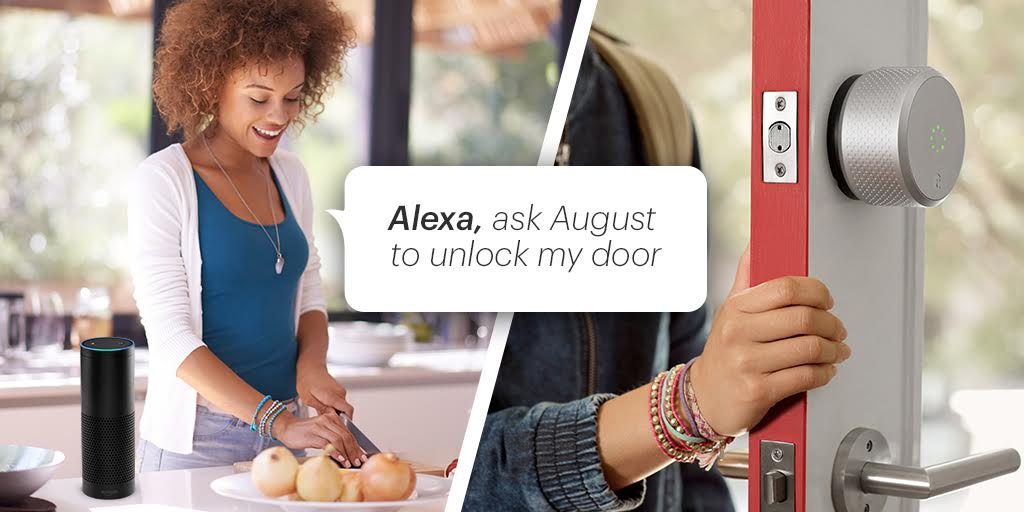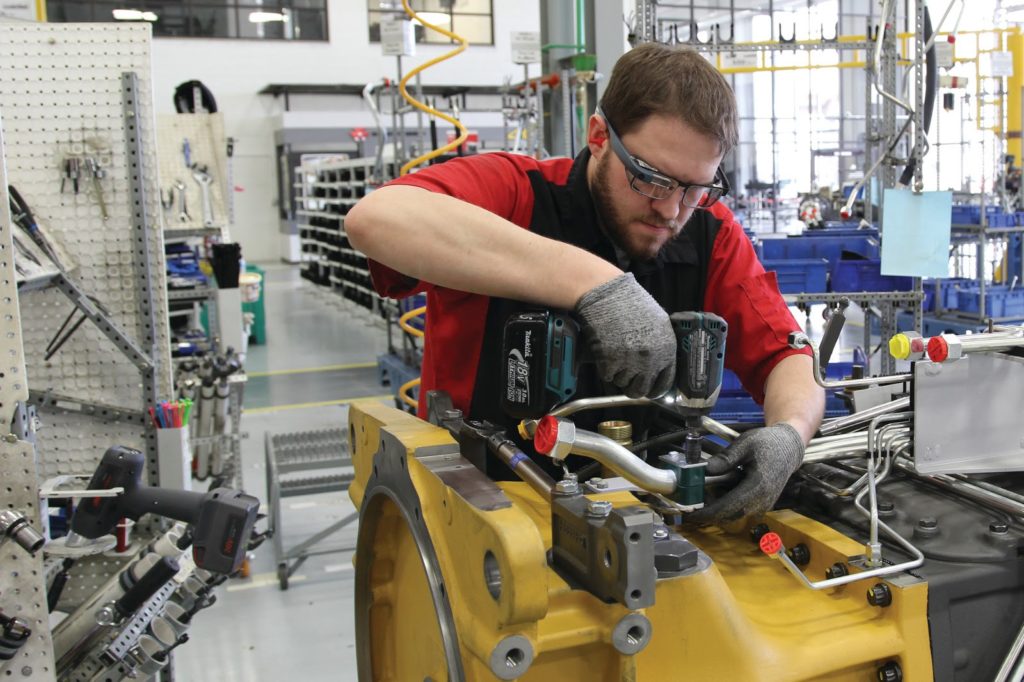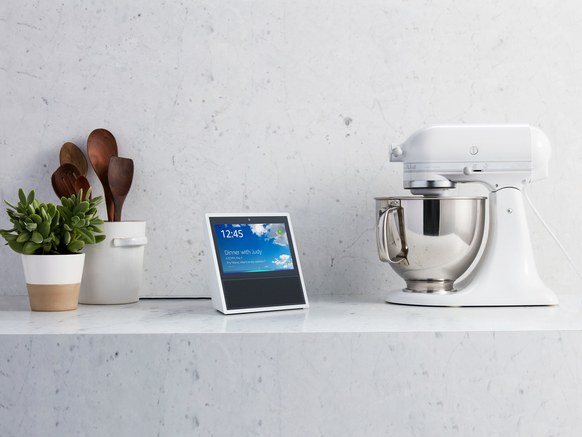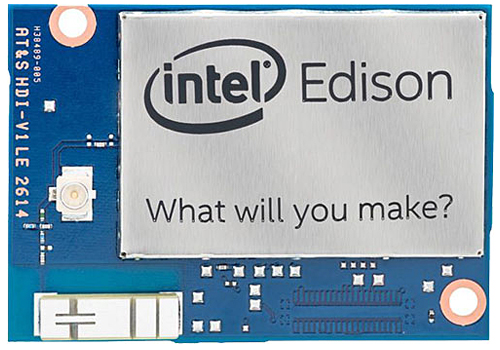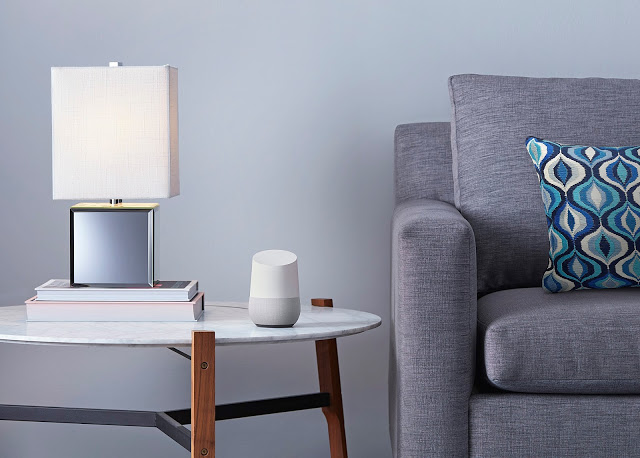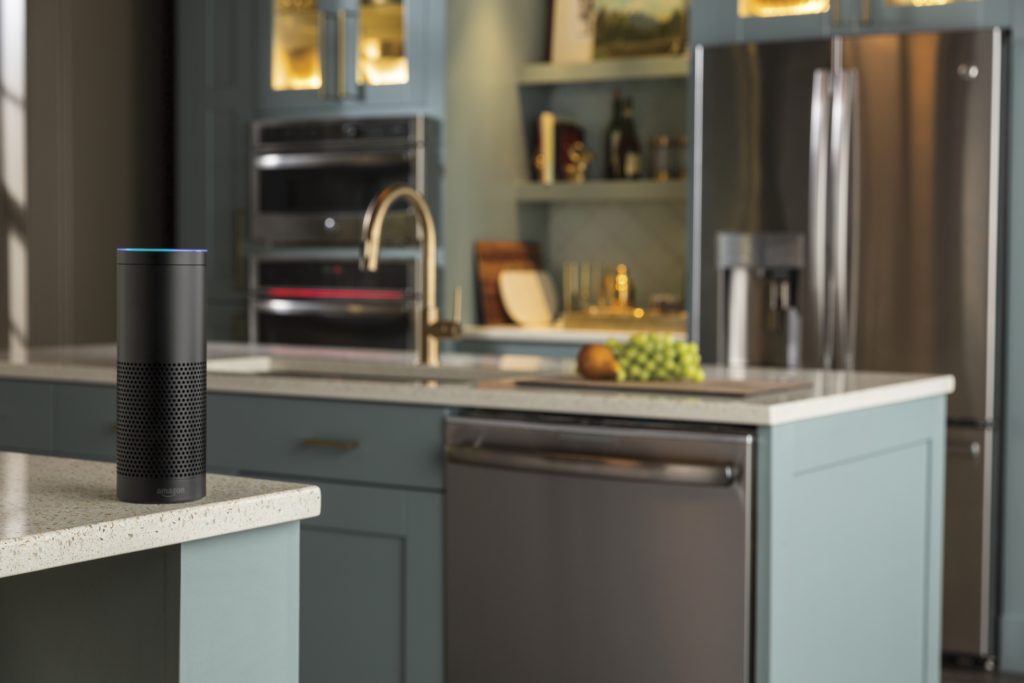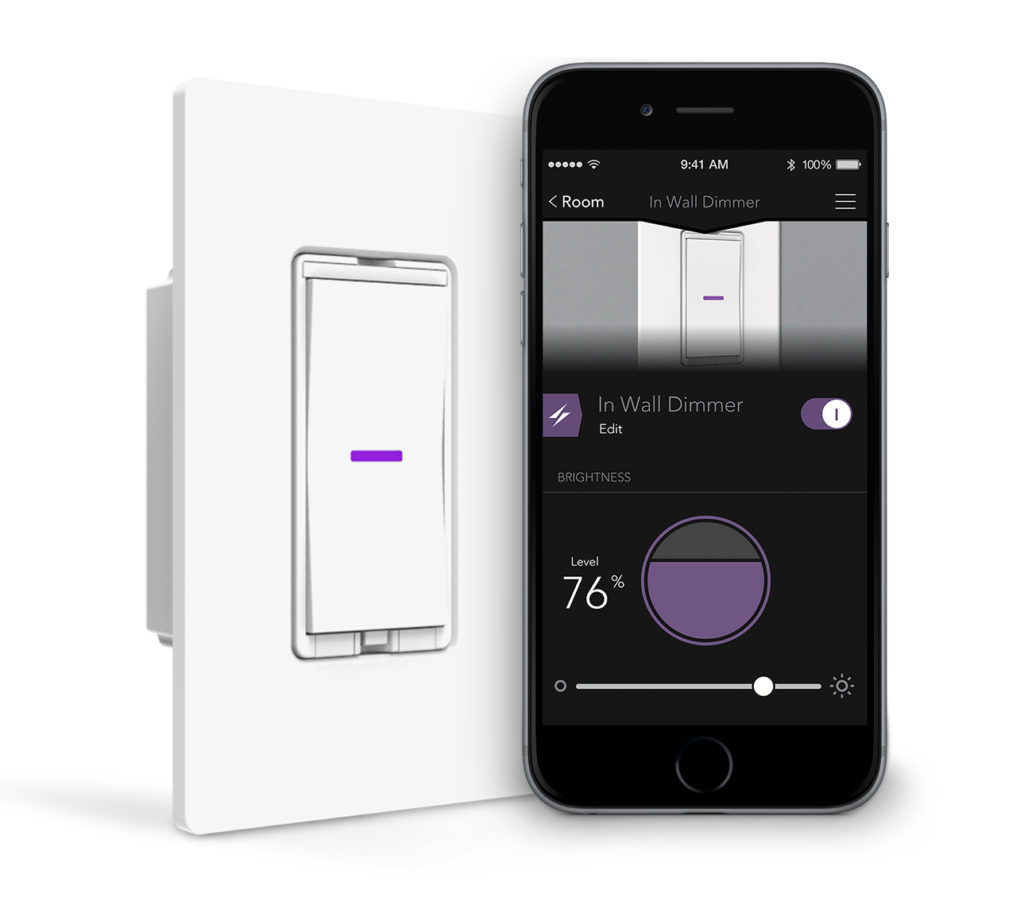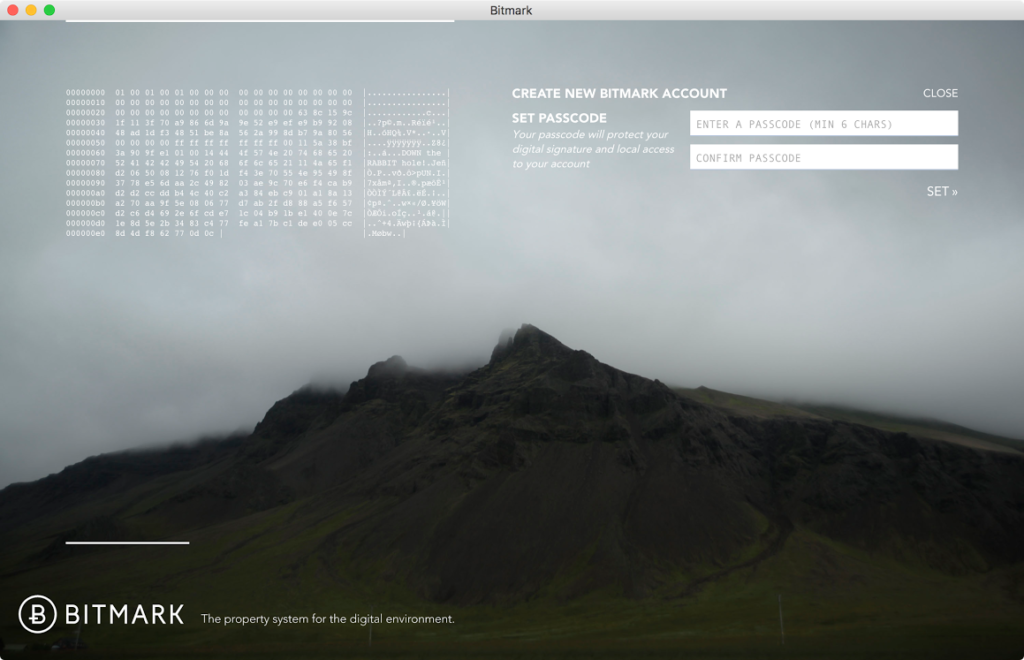Security was a big topic this week in the internet of things, so on the podcast we talk about news from Defcon, efforts to hack the Amazon Echo and our take on the Senate’s new IoT security bill. We also cover the week’s big news of the Wink platform getting sold to Will.i.am, Eero’s new employees and $50 million for TrackR, the Bluetooth-based tracking company. Kevin and I also highlight a product that we think is silly and discuss the future of bikes in a world of autonomous cars. Oh, and we answer a reader’s question, recommending this for lighting without a neutral wire and this for gaining voice control for your AV system.
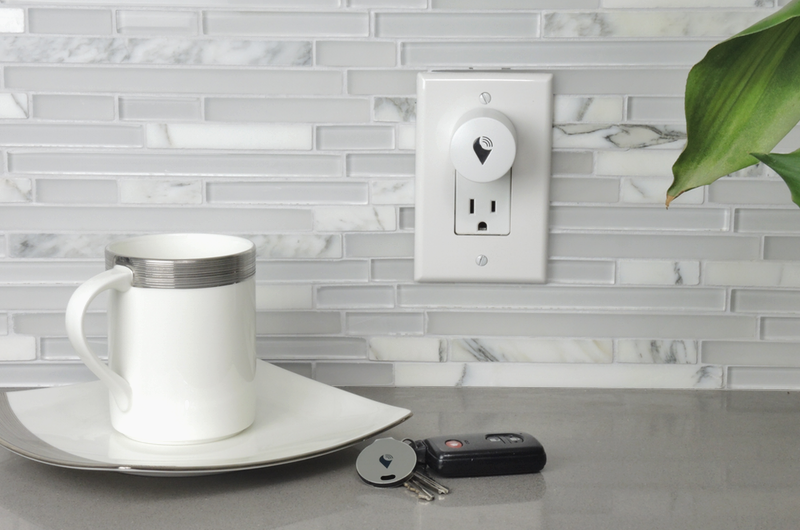
The industrial and enterprise IoT folks will want to stay tuned for my interview with Microsoft’s Sam George, who heads up the Azure IoT Platform. George and I have had a few conversations in the last two years covering where the IT world stops and the real world begins. We talk about this plus the right architectures for the edge and a bit about Microsoft’s stance on cybersecurity. Finally, he shares a story from the Internet of Twizzlers.
Hosts: Stacey Higginbotham and Kevin Tofel
Guest: Sam George of Microsoft
Sponsors: HiQo Solutions and Eero
- This is not the IoT security law we need
- Will.i.am doesn’t have Kevin’s endorsement
- We answer a reader’s A/V and lighting question
- How Microsoft thinks about security in the overall IoT ecosystem
- How Hershey’s uses IoT to save money on sweets
Podcast: Play in new window | Download | Embed
Subscribe: RSS

